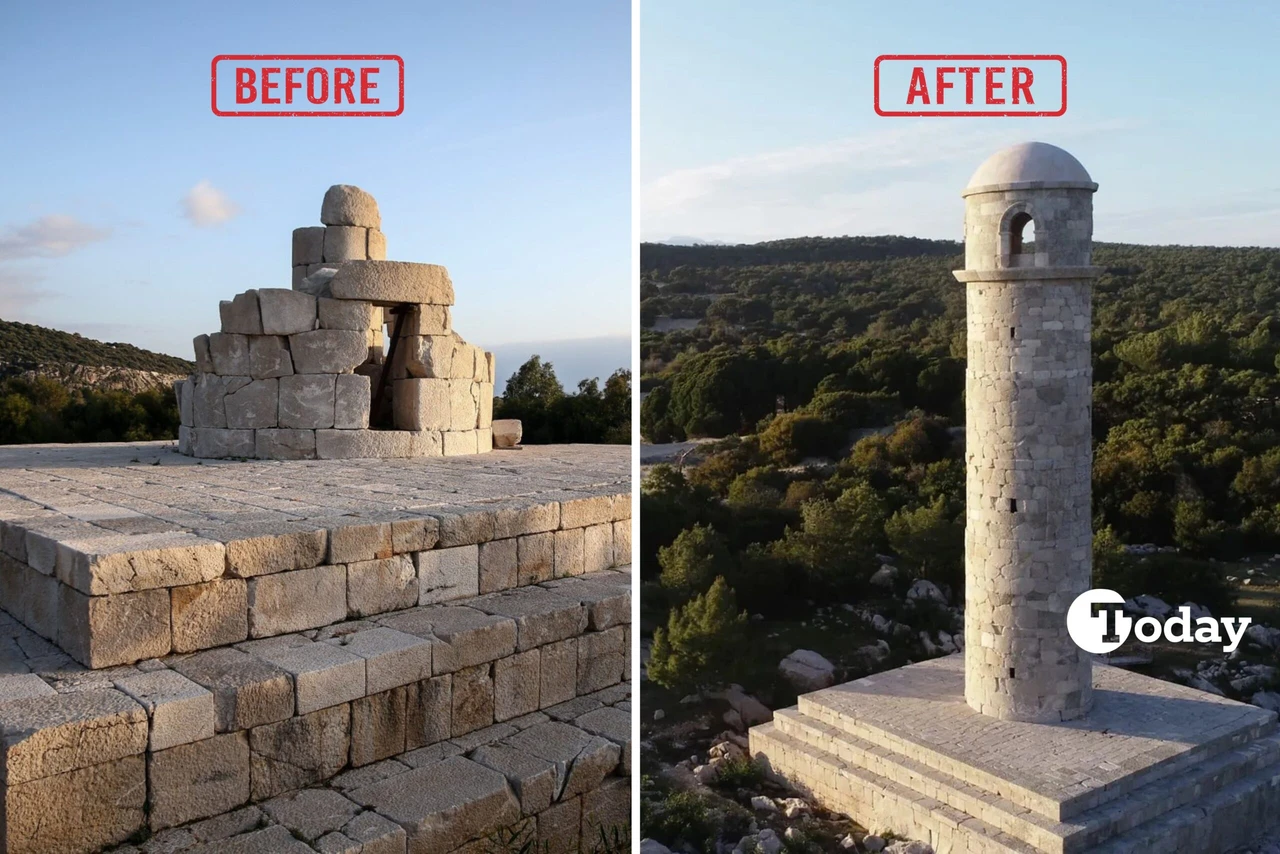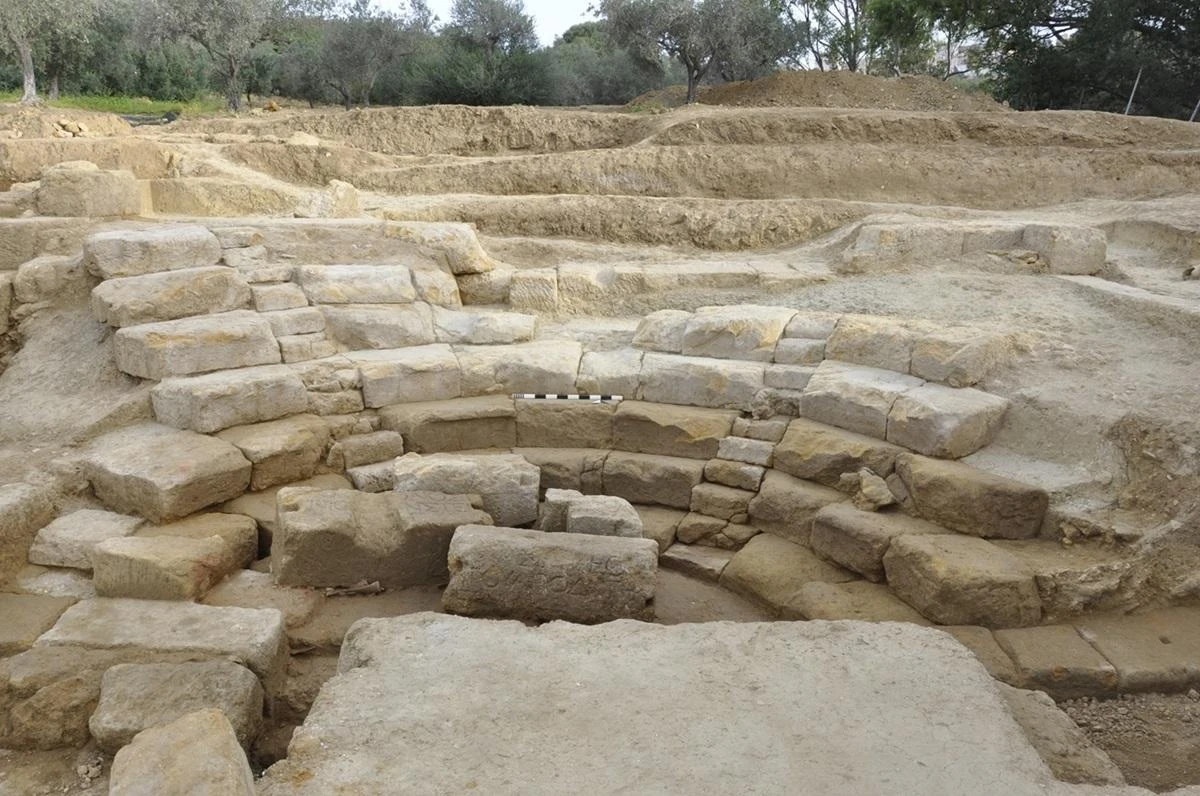Excavations in Türkiye aim to uncover traces of Trojan War’s destruction
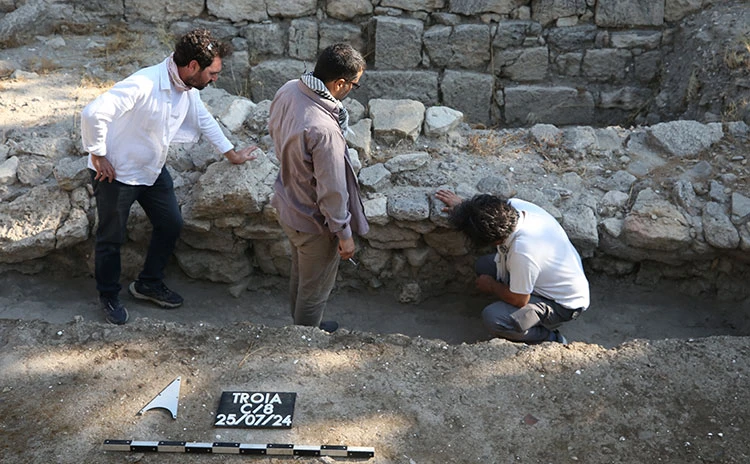 Archeologists carry out excavations in the ancient city of Troy, Canakkale, Türkiye, July 26, 2024. (AA Photo)
Archeologists carry out excavations in the ancient city of Troy, Canakkale, Türkiye, July 26, 2024. (AA Photo)
Excavations at the 5,500-year-old Troy Archaeological Site in Tevfikiye village, Canakkale, are focused on uncovering evidence of the destruction caused by the Trojan War.
The ancient city, listed as a UNESCO World Heritage Site, is currently under intense scrutiny as archaeologists aim to reveal layers of devastation associated with the legendary conflict.
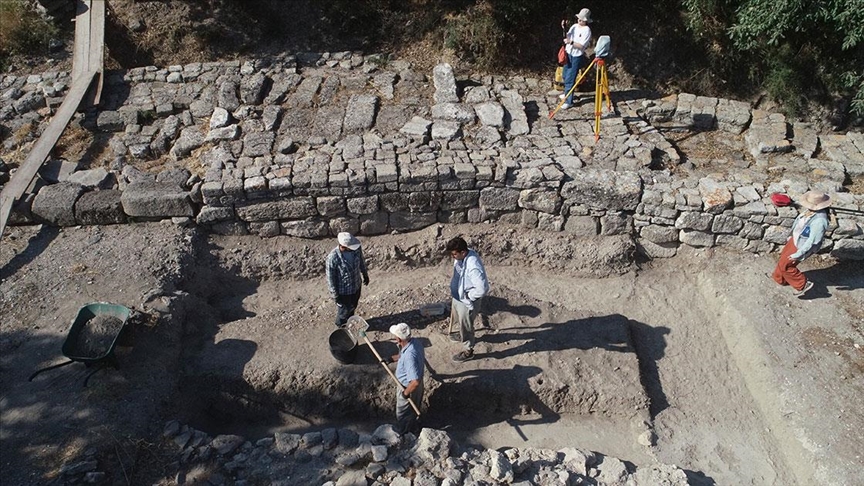
Led by professor Rustem Aslan, the excavation team has been working since 1863 to shed light on the historical and archaeological context of the Trojan War as described in Homer’s Iliad.
“Our primary goal has always been to gather data related to the Trojan War and similar conflicts,” Aslan stated. “This year, we are concentrating on the destruction layers in the Troya-6 palace area.”
The current focus is on the layers of destruction from the Late Bronze Age, which corresponds to the period of the Trojan War.
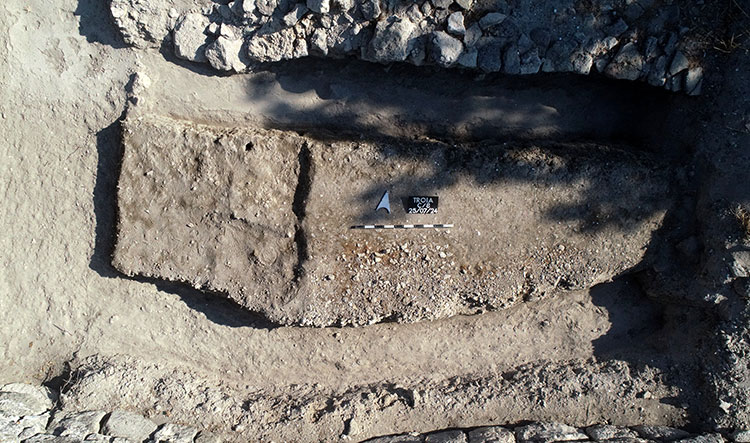
“We hope to uncover surprising results this year,” Aslan added. “Our efforts are aimed at understanding how the palace structures and city walls were affected and reconstructed during this tumultuous period.”
The excavations are being conducted with the support of the Ministry of Culture and Tourism, Canakkale Onsekiz Mart University and the main sponsor Icdas. The findings from this year’s work are expected to provide new insights into Troy’s ancient history and its legendary past.
